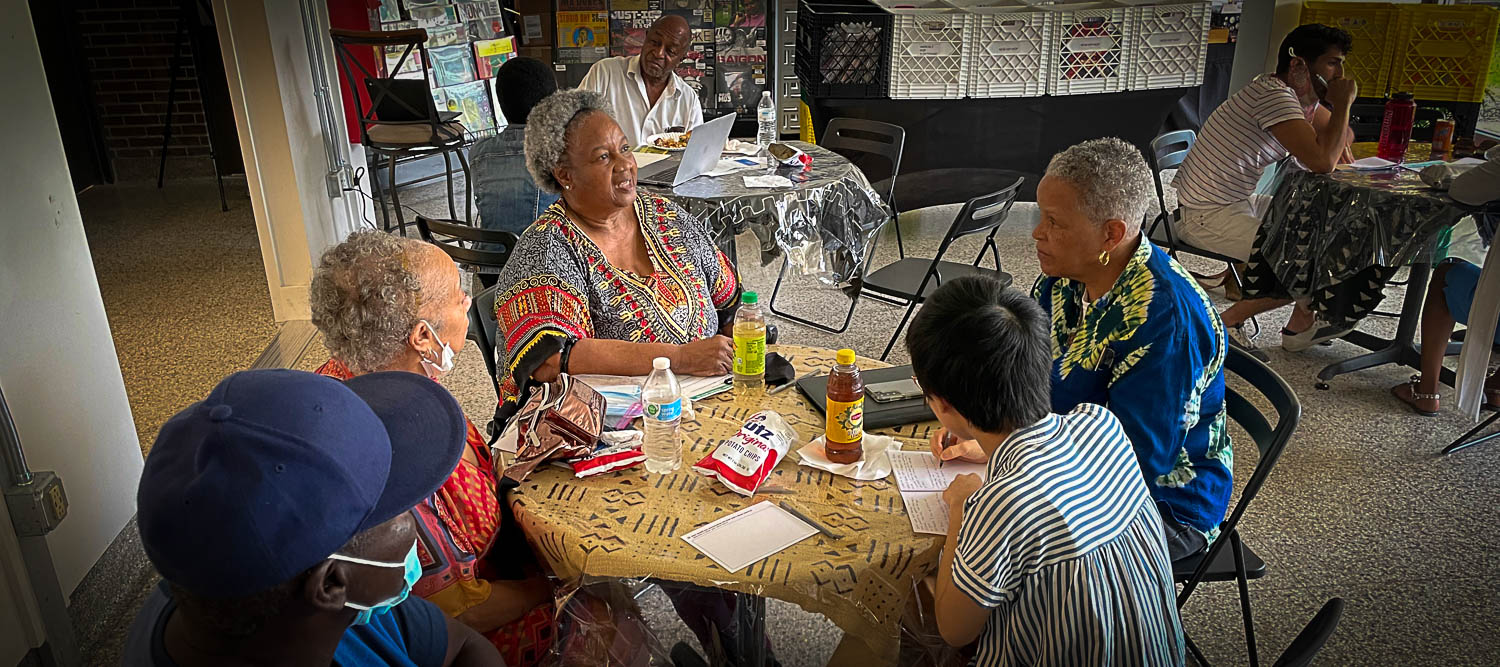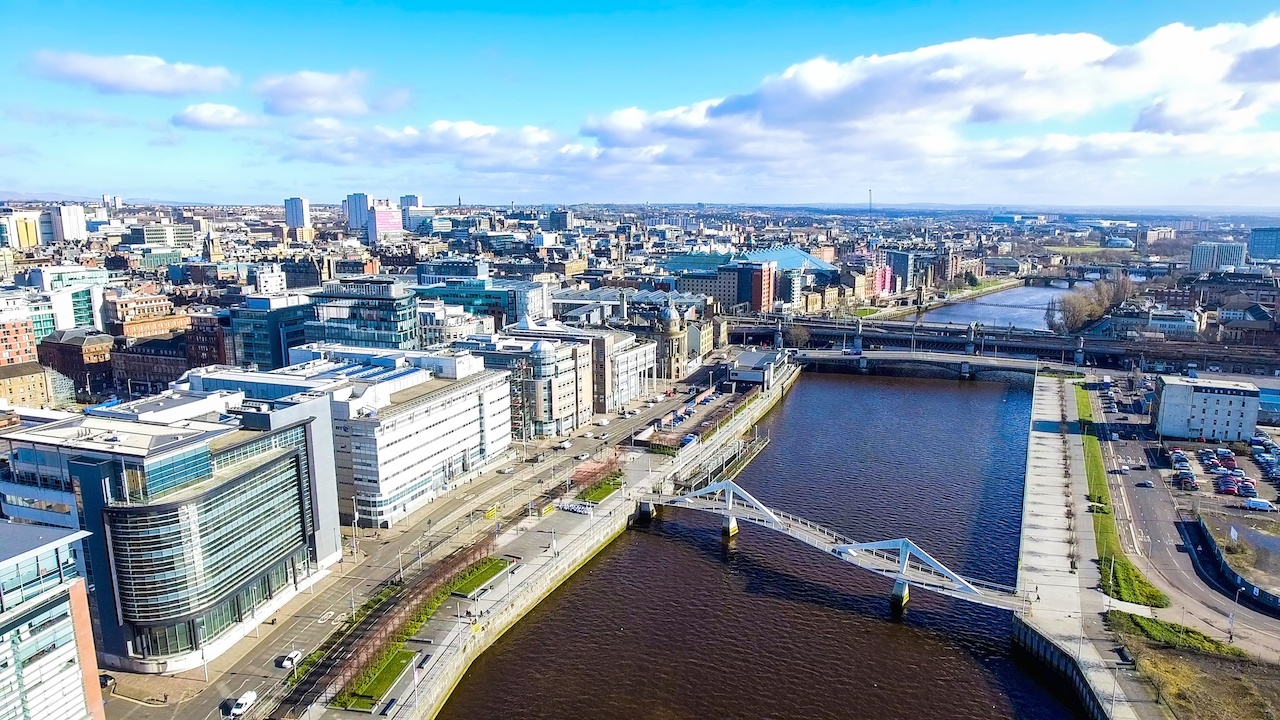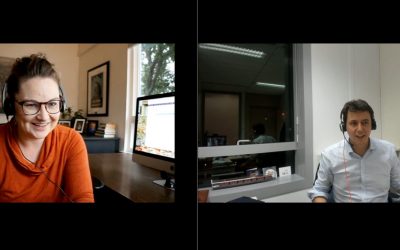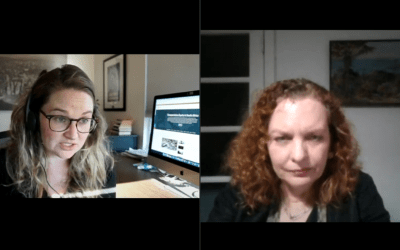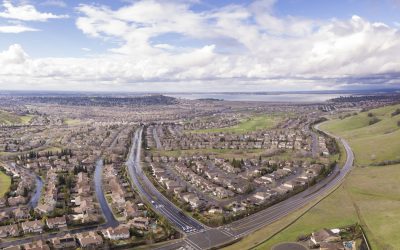Meeting of the Minds
What began as a 2-day summit in Oakland, CA in 2007, has grown into an internationally recognized non-profit organization with world-class events, year-round leadership programming, and an unparalleled digital platform.
Our mission is to bring together urban sustainability and technology leaders across sectors to share knowledge, best practices and catalyze lasting alliances and partnerships. We foster person-to-person and city-to-city learning by curating emerging trends and spotlighting projects and practitioners working on the future of sustainable, resilient, and equitable cities and regions.
We believe that the best solutions and partner ecosystems result from collaboration and engagement across sectors and disciplines. We convene leaders from international bodies, local government, state and federal government, corporates, startups, non-profits, academics and philanthropy.
Meeting of the Minds thanks and acknowledges the support of our current and past sponsors, including:
Foundations
Annie E. Casey Foundation
Barr Foundation
Burton D. Morgan Foundation
Ford Foundation
Lincoln Institute of Land Policy
Living Cities
New Economy Initiative
Paul G. Allen Philanthropies
Robert Wood Johnson Foundation
Rockefeller Foundation
The California Endowment
The California Wellness Foundation
The Cleveland Foundation
The JPB Foundation
The Kresge Foundation
The Volvo Research and Education Foundations
Healthcare
Kaiser Permanente
Sutter Health
Telecom
AT&T
Comcast
Qualcomm
Verizon
Global Technology Leaders
Cisco
Dassault Systémes
IBM
Itron
Microsoft
Oracle
Philips Lighting/Signify
Schneider Electric
Siemens
Transportation Leaders
Bombardier
Cubic
Daimler/Car2Go
Ford
JUMP Bikes/UBER
Lacuna
Keolis
Lyft
Streetlight Data
Toyota
Zipcar
Financial Institutions
JPMorgan Chase
PNC Bank
Wells Fargo
IT & IoT
Atonix Digital
Cleverciti Systems
Iteris
Logicalis
Roadbotics
RelayR Corp
Planning, Design, Architecture, Real Estate, Engineering, Construction
Black & Veatch
CBRE
CH2M Hill
Colliers
DKS Associates
Jones Lang LaSalle
Oxford Properties Group
Ramboll
Skidmore Owings & Merrill
WSP
Consulting Firms
Cognizant
ENGIE Impact
Deloitte
EY
PwC
Government
Ann Arbor SPARK
City of Berkeley, CA
Cuyahoga County
Federal Reserve Bank of San Francisco
JobsOhio
Metrolinx
State of Michigan
Resources: Water and Energy
AEP Ohio
DTE Energy
Festival Hydro
FirstEnergy
Marin Clean Energy
Natural Resources Defense Council
Sacramento Municipal Utility District
Shell
Xylem Water
Innovators
Cleveland Neighborhood Progress
JumpStart
Natural Resources Defense Fund
Rock Ventures
The New School
University of California
UrbanFootprint
Recent Webinars
Recent Articles
Responsive Government: Virtual Twins Help Cities Respond Quickly to Unexpected Situations
The COVID-19 pandemic underlined the need for fast, intelligent, and sophisticated decision-making in government. Now, as cities, states, regions, and nations look to the future, they are harnessing the power of interactive 3D virtual twins to help them plan, develop, and test strategies to support their recovery and build resilience for meeting future crises.
City Digitization Strategies During the Pandemic
I spoke recently with Jacques Beltran from Dassault Systemes about how the crisis has been an accelerator for cities and public agencies to implement digitization strategies. He’s an experienced public servant now working with cities to address their data needs. He shares some relevant examples of how cities in Europe were lagging one to two months behind what was really occurring on the ground. I am particularly impressed by their work to build a virtual twin of the city’s concert hall to simulate coughing, masks, and other conditions to plan a safe reopening. They found some very surprising findings. They also worked at a regional scale to predict and visualize viral spread to anticipate hospital capacity a month ahead – a key tool for regional officials. The use of virtual twins are extensive for cities.
Engaging Historically Marginalized Communities During COVID-19
Since historically marginalized communities are already being disproportionally impacted by the COVID-19 pandemic, I am frustrated to see these communities also negatively impacted by the lack of on-the-ground public engagement. While I realize the threat of COVID-19 and the associated restrictions make conducting on-the-ground public engagement challenging, I want to encourage fellow planners to think more creatively. I will admit that I struggled to think creatively when I first heard that Clackamas Community College (CCC) would continue having mostly online classes in Spring Term 2021. CCC has had mostly online classes since the end of Winter Term 2020 when COVID-19 first started impacting Oregon. CCC’s decision about Spring Term 2021 became more stressful when Clackamas County staff told me that public outreach for their new shuttles could not be delayed until next summer.
If Companies Want a Diverse Workforce, They Need to Pay Attention to Transportation
A new toolkit has been developed to help businesses think through strategies to decrease mobility barriers to the workplace, which reduces turnover. When workers can reliably get to work regardless of their personal circumstances, it provides employment stability and the opportunity to build wealth. It’s a win-win. Developed through a partnership between Metropolitan Planning Council and a pro bono Boston Consulting Group team, the toolkit includes slide decks, an overview report, customizable templates, a cost calculator, and instructional videos walking a company through the thought process of establishing a baseline situation, evaluating and selecting a solution, and standing up a program.
Depending on the employer’s location and employees’ needs, solutions may range from helping with last-mile transportation to the transit system, to developing on-demand vanpools, to establishing in-house carpool matching systems. The ROI calculator gives employers the ability to determine the break-even cost—the subsidy amount a company can manage without hurting the bottom line.
Johannesburg and Maputo Partner to Research Transport Needs and Investments
I caught up recently with Sarah Charlton who is Associate Professor at the School of Architecture and Planning at the University of Witwatersrand in Johannesburg.
The research she is leading, located in both Johannesburg, South Africa and Maputo, Mozambique, looks at the interface between the mobility use by residents and transportation investments by the state. The question guiding her research is “are ordinary households using the transport modes that the government is investing in and prioritizing?” The research is a partnership between two universities across two countries and two cities.
Sarah reflects on research during the pandemic across languages, countries, histories and cultures.
Building Resilience & Addressing Inequities in Small, Underperforming Drinking Water Systems
Unsafe drinking water is an urgent problem that disproportionately affects low‐income communities of color in California and across the U.S. In California, we’ve learned that the right environment and policies inspire stakeholders to come to agreement on prioritizing solutions that provide the best results based on each system’s unique problems. Improving water quality is more than choosing a technical solution. Community alignment and support, political willingness, and mutual agreement are all critical elements that, when combined with the right technical solutions, allow systems to thrive. In parallel with ensuring the right institutional and funding support systems are in place, we also need to choose and implement the most viable technical solutions for each system (which may in turn inform the support systems).




